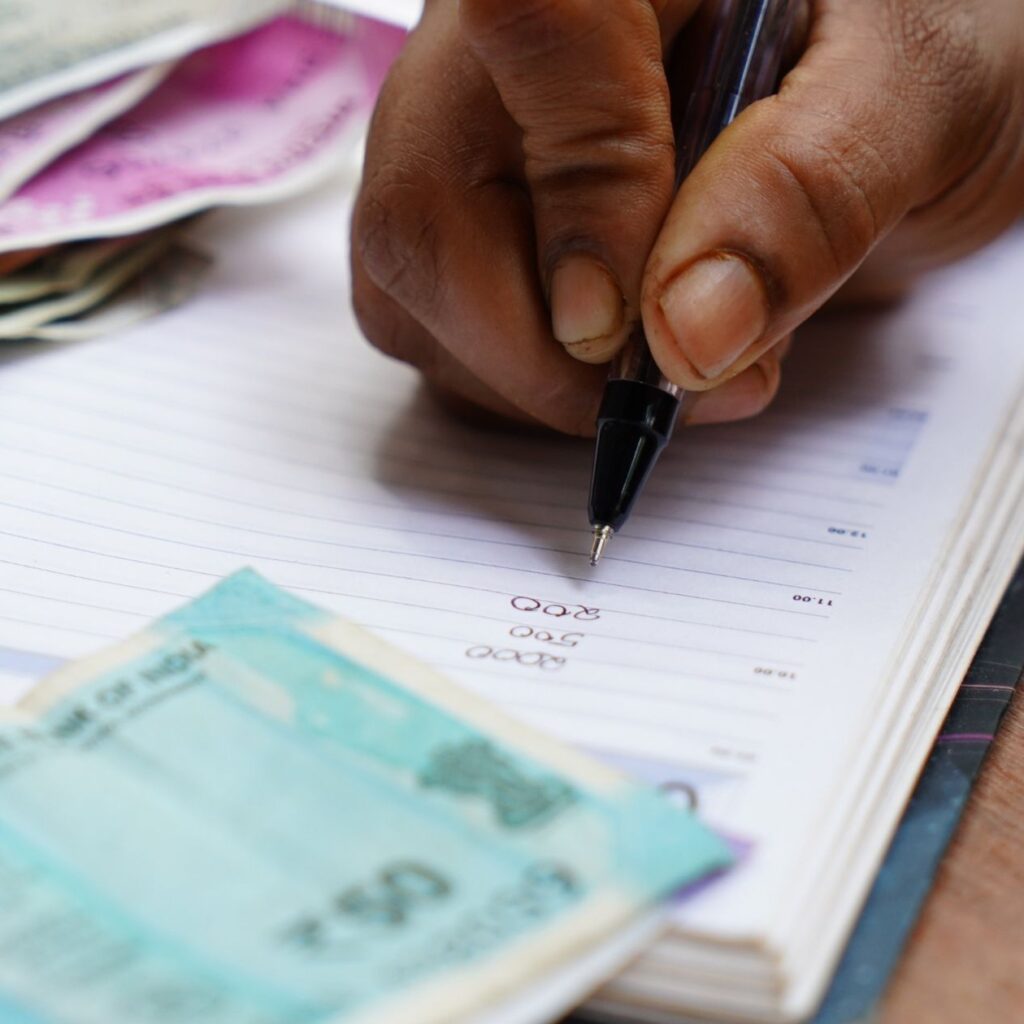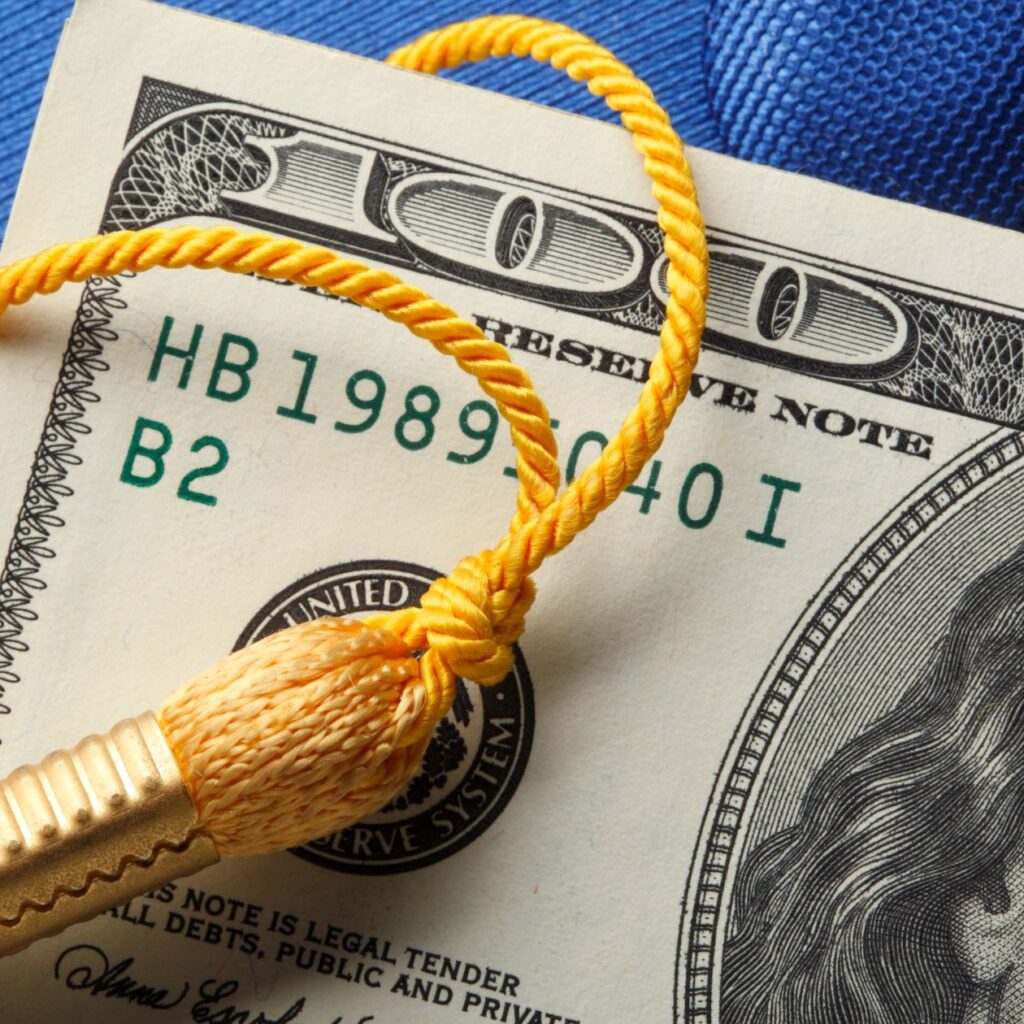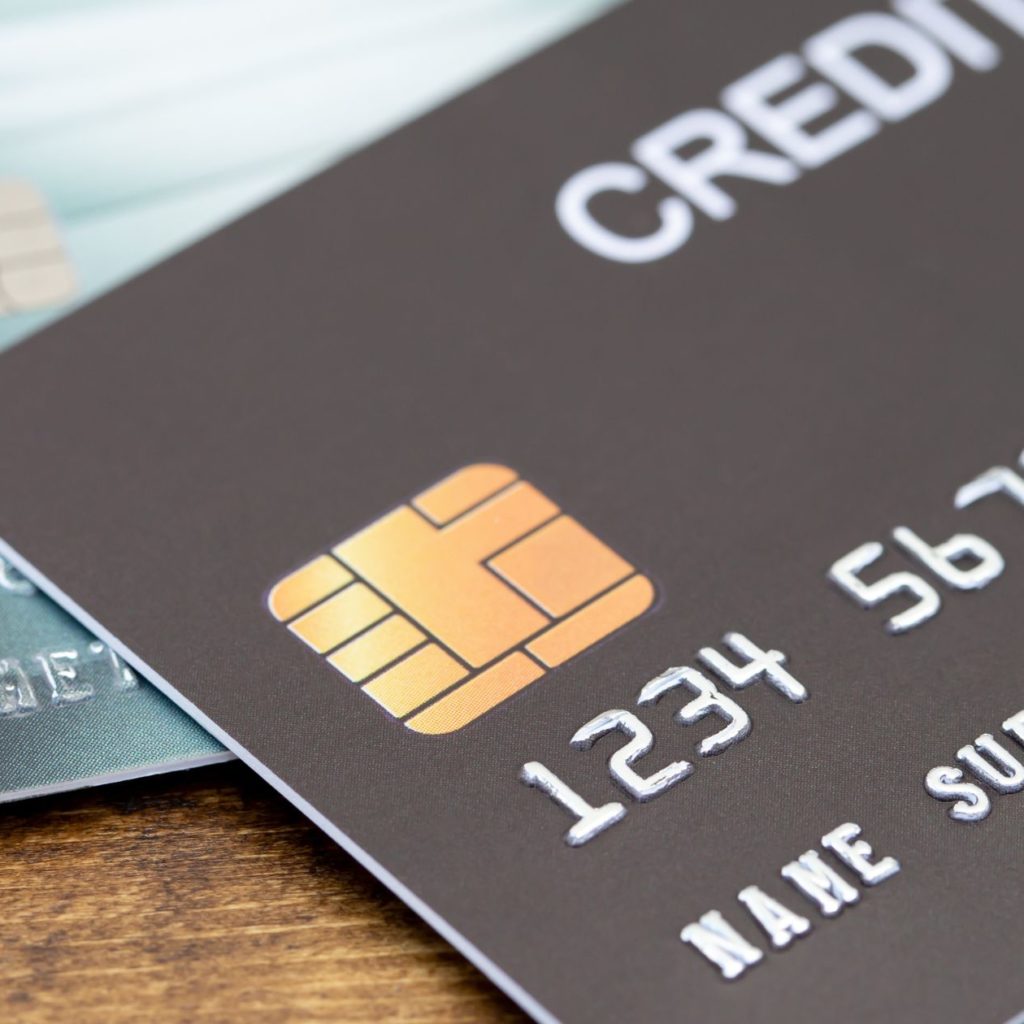11 Critical Questions You Need To Ask About Your Student Loans
Attention recent graduates! Your student loans do not have to be your worst enemy!
You just have to know the questions you need to ask about your student loans so you can understand them a bit more. The more you know, the more power you have to conquer them sooner.
What To Know About Your Student Loans
Student loans can be very helpful in the process of affording college for the majority of undergraduate students. They may seem really wonderful to begin with, but once you graduate and need to start paying them off, they might not seem as great as they were when you were a freshman!
Your financial need was probably the main reason you took on your student loans, and the hope is that by the time you graduate you will have a job that will pay you the big-bucks and you can pay off what you borrowed.
In this article, you will be learning more about the student loan debt that you have so that you can understand how to best move forward with paying them off! Student debt is not something to mess around with.
What To Ask About Your Student Loans
Many recent college graduates reach out to me and ask what to know about student loans now that they are graduating and will need to pay them off. So here are 11 important questions you need to ask about your student loans so you can better understand what lays ahead for your personal finances.
Who is My Student Loan Provider?
It’s important to know who provided your college loans so you know where to go to repay them. You may know who the provider of your student loans are already if you set them up yourself, however, if your parents set them up for you you may not know.
How to Find Out Who Your Student Loan Provider Is
There are two main ways to find out who your student loan provider is:
- National Student Loan Data System
- Pull a credit report and you will be able to see all your debts
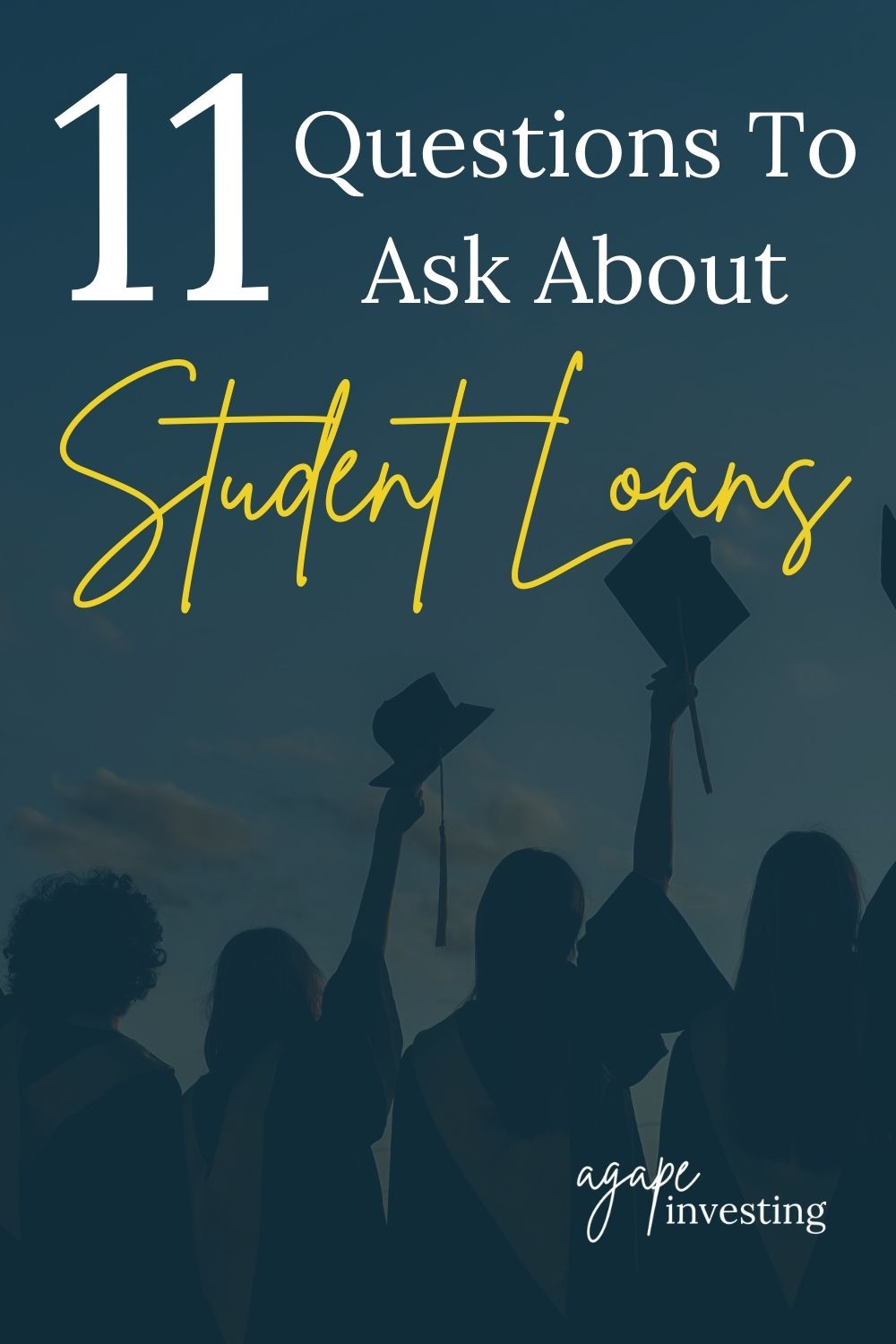
What Type of Student Loans Do I Have?
Generally, if you took out a federal student loan or consolidated your loans on or after July 1, 2010, you have a federal Direct Loan. Direct loans are federal student loans made directly by the U.S. Department of Education (CFPB).
There are a bunch of different types of loans that you could potentially have. Your student loans can be either federal or private, subsidized or unsubsidized, and have a fixed interest rate or variable. These phrases may not mean much to you at this moment, but depending on the type of loan you have will determine how they are paid and what kind of payment options you have for each.
Federal vs. Private Student Loans
Federal loans are funded by the federal government, whereas private loans are issued by banks or similar institutions. They can help bridge any financial gap not covered by federal loans.
Subsidized vs. Unsubsidized Student Loans
Federal student loans fall into these two categories. Subsidized student loans are reserved for college students that have financial aid, and the federal government pays the interest while you’re in school. This means you don’t start getting charged interest until you are done with school.
If you have unsubsidized loans, you are responsible for repaying the interest on the loans during the entire life of it, including while you are in school. Unsubsidized student loans are available to all students, regardless of financial need (Northwestern Mutual).
Fixed Interest vs. Variable Interest Student Loans
Fixed rates are constant for the life of the loan, but variable interest rate student loans adjust variable rates monthly, while others adjust every three months.
Also, make sure to find out about the overall rate cap. Variable interest rates are often capped, but the caps can be as high as 25%. The interest rates typically start out lower than fixed rates but grow more than double over the life of the loan (Nerdwallet).
When Do I Need to Start Paying Back My Student Loans?
Once you graduate, drop below half-time enrollment, or leave school, your federal student loan goes into repayment. Generally, for federal student loans, you will need to start paying them back 6 months after graduation.
Private student loans will differ per provider so be sure to check to see when you need to start paying back your student loans and when the due date is at.
What Is a Grace Period for Student Loans?
A grace period allows borrowers to find employment before they have to take on monthly student loan payments.
If you have a Direct Subsidized, Direct Unsubsidized, or Federal Family Education Loan, you have a six-month grace period before you are required to start making regular payments (Federal Student Aid).
You’ll have a nine-month grace period if you’ve got a Perkins Loan
Can I Start Paying My Student Loans Off Early?
You can start paying off your student loans before you graduate! This is a great way to save money on interest payments if you have a subsidized student loan.
You can make payments before they are due or pay more than the amount due each month. Paying a little extra each month can reduce the interest you pay and reduce the total cost of your loan over time (Federal Student Aid).
How Much Are My Monthly Loan Payments?
Your monthly payment will be determined by your loan amount and interest rate. When your loan enters repayment, your servicer will automatically place you on the Standard Repayment Plan. You can request a different repayment plan at any time (Federal Student Aid).
Give your financial institution a call or log on to your online portal to find out what your monthly student loan will be so you know exactly how much to add to your budget each month.
What If I Can’t Afford My Student Loan Payments?
Maybe your financial situation is not as great after you have graduated as you would have hoped for and your monthly payments are too much to handle. No worries!
If you have federal student loans you will have a lot of repayment options including an income driven repayment program. You can apply for income driven repayment programs to help reduce your monthly payments.
Your federal student loan provider will generally reduce your debt payments to about 20% of your take home pay. This does however, increase the term of the loan from about 10 years to 20 or 25 years.
You generally need to consolidate your student loans in order to partake in these programs.
Another option would to simply work on saving more money, or potentially even getting a side hustle to earn a bit more to put towards your debt.
Can I Use a Credit Card to Pay My Student Loans?
You typically can’t pay student loans with a credit card directly to your student loan servicer or lender. It’s possible, however, to use a third-party payment service or a line of credit to pay student loans—say, by transferring them to a card with a 0% APR period or by taking out a cash advance (Experian).
Using credit cards to pay off your student loans isn’t always the best idea if you have a high APR and cannot pay off the card. Credit cards typically have higher interest rates than most student loans so just be careful you don’t put yourself into a worse situation. In general, student loans typically have pretty low interest rates compared to other forms of debt.
Should I Refinance My Student Loans?
Refinancing is different from consolidating your student loans. It is the process of taking out a new loan to pay off your old ones. This new loan will most likely offer you a lower interest rate which could save you hundreds or even thousands of dollars in the long term.
However, if you currently have federal student loans, when you refinance you will need to find a private lender to issue you a new loan. Doing this will disqualify your loans from any kind of federal assistance programs like student loan forgiveness or forbearance.
While there may be some benefits like lower interest rates or lower monthly payments by using private lenders, moving your loans out of federal student loans will disqualify you from any federal loan programs like income driven repayment plans or student loan forgiveness.
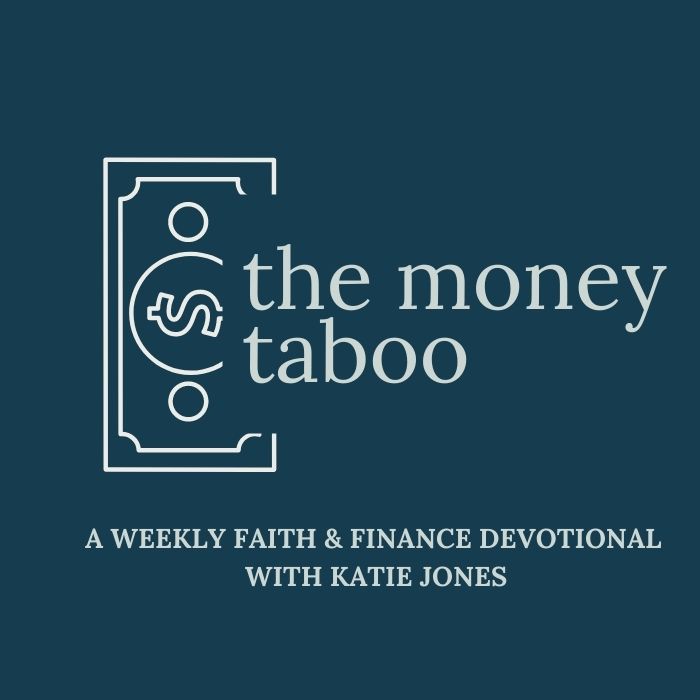
When Will I Have My Student Loans Paid Off By?
Typical repayment plans will have your student loans paid off in 10 years. However, if you miss payments, consolidate, or refinance your student loans this will increase the life of them.
If you’d like to be debt free sooner you can make over payments towards your student loan principal. This will save you time and money and is in most cases a good idea! Use a debt repayment tracker to determine when you will have the total amount paid off as well as how much you will spend on interest over the life of the loan.
What Happens If I Never Pay My Student Loans?
When you’re even one day late on your student loans, you’re immediately considered delinquent. If you miss a few payments, you might face consequences. Hopefully, it doesn’t come down to this, but if you want to know what happens if you don’t pay student loans here are a few short-term consequences to consider:
Short-Term Consequences
Late fees
Withheld tax refund
Wage garnishment
Even though your loan provider considered your loan delinquent immediately after one missed payment, your lender or loan servicer might not report you as late to the major credit bureaus until you’re 90 days past due (BankRate). Here’s what can happen the longer you don’t pay your student loans:
Long-Term Consequences
Default
Payment may come due immediately
Credit score drops
Potential lawsuits
Conclusion
Your student loans don’t have to be your best friend, but nor do they have to be your worst enemy. The key to conquering them is understanding what questions you need to ask about your student loans—then using that information to empower you to make the best decisions for your financial future.
Need Help Creating A Plan To Pay Off Your Student Loans Early??
Don’t let the cost of your higher education stop you from achieving the life you have always imagined for yourself.
I’d love to invite you onto a free 1:1 call to help you understand your student loans better and help you create a plan to pay them off quickly so you can save as much money as possible!
Can’t wait to help you build the financial future you are dreaming of!
References: NerdWallet, Northwestern Mutual, Federal Student Aid, Experian, CFPB, BankRate
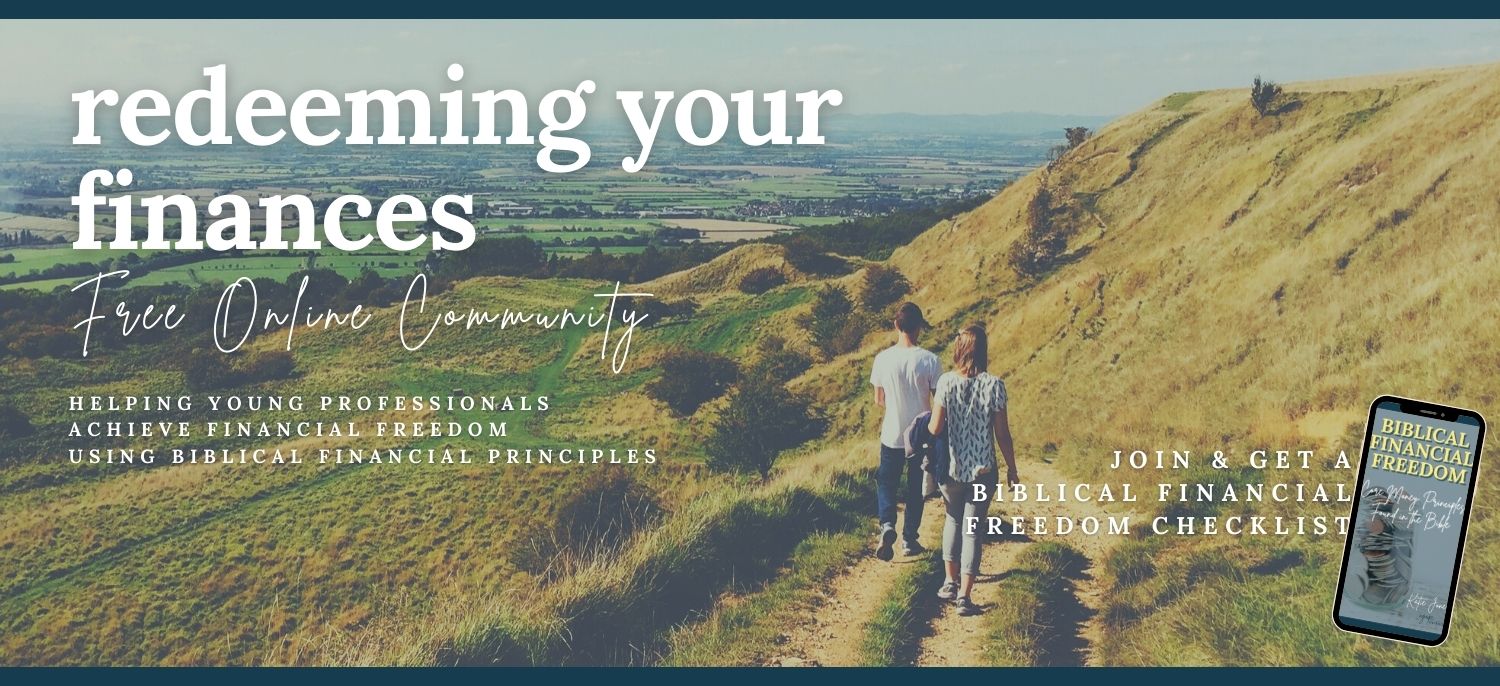
You May Also Like
4 Things That I Did to Pay Off My Student Loans EARLY
7 Expenses That Go Into Buying a House That You May Not Know About
11 Encouraging Bible Verses for Times of Financial Struggle
Are You Ready to Start Investing? [4 Things You Must Do Before Investing]

